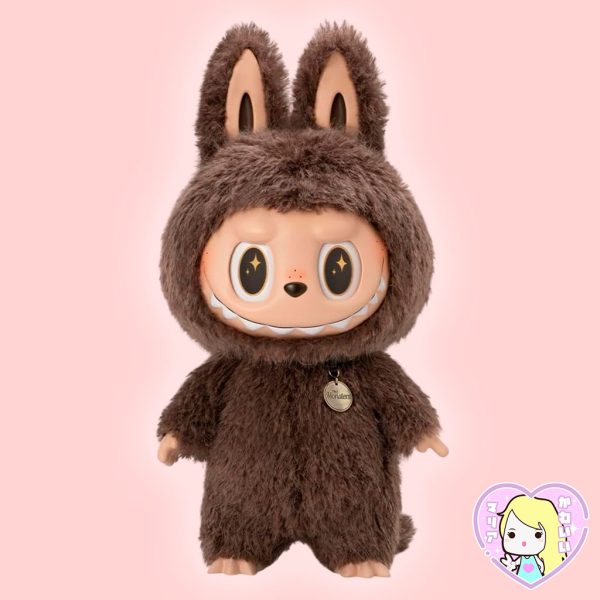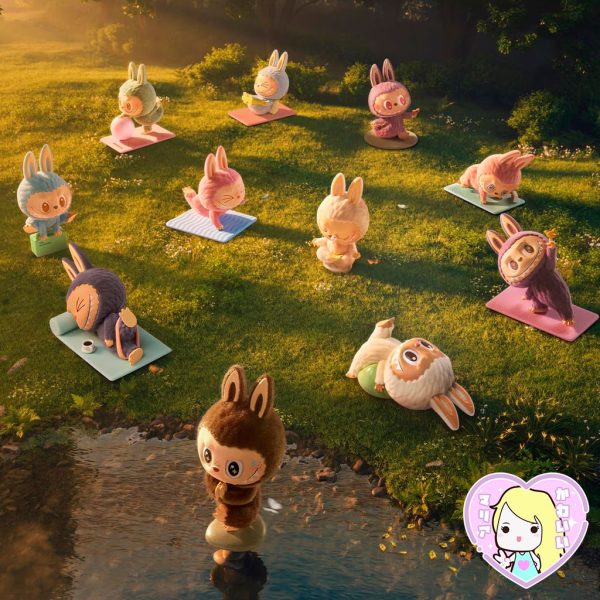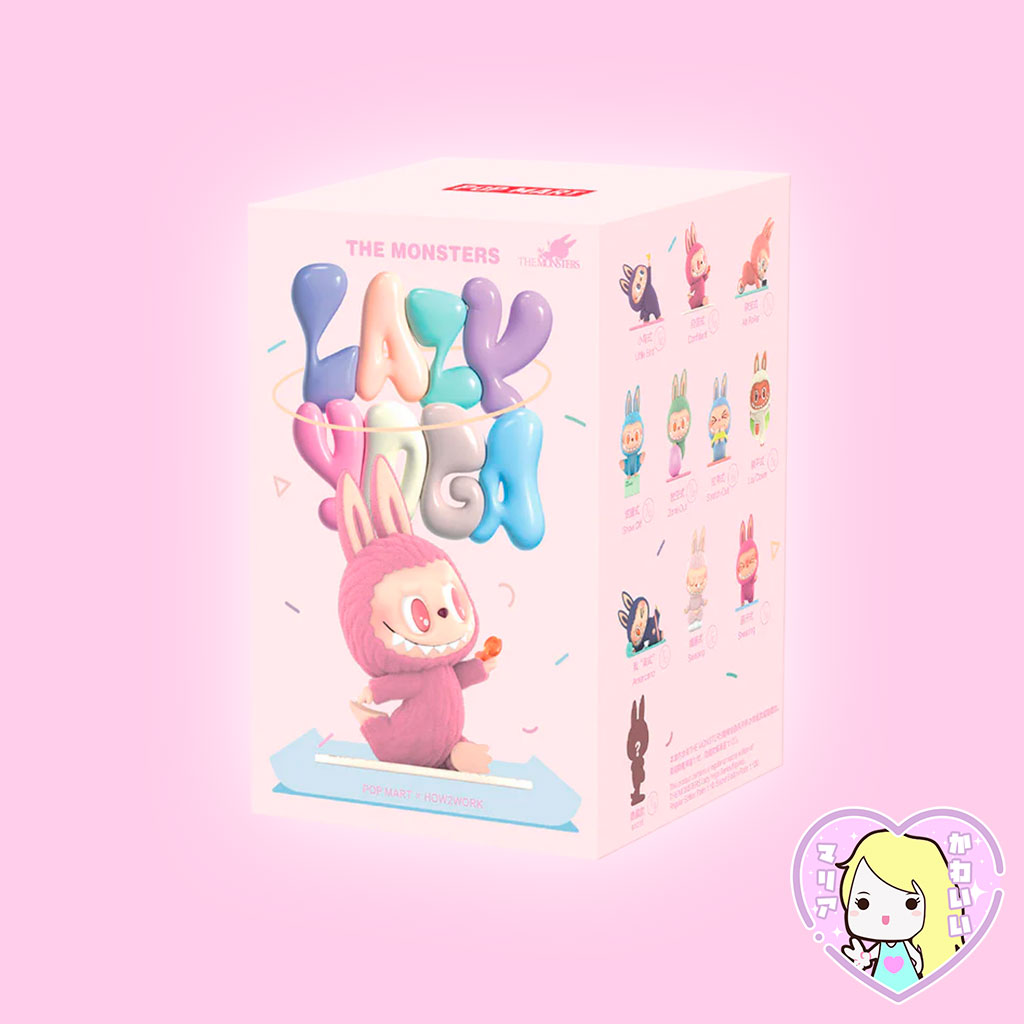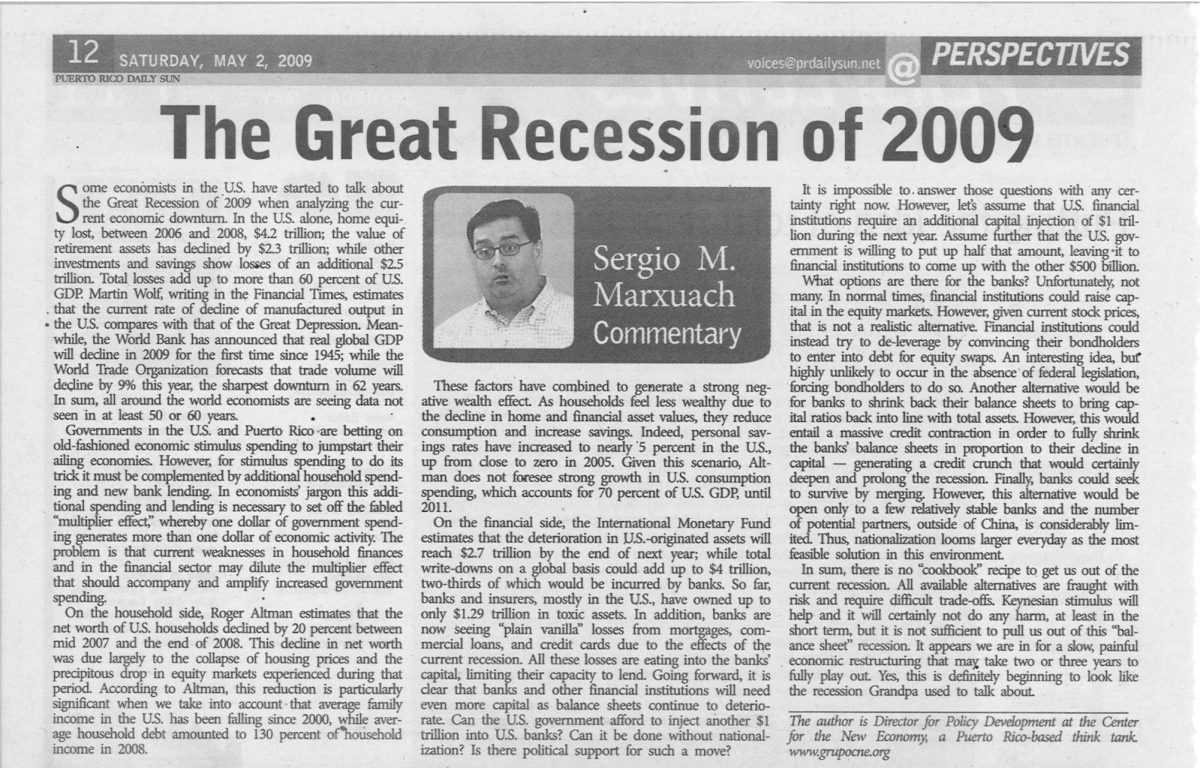If you have been on social media recently (which most of us have), you’ve probably heard of the Labubu, and if you haven’t, well.. You probably have a respectable screentime. Labubus have gained an exceeding amount of popularity from social media, primarily TikTok, with the average age demographic ranging from 13 to 30.
The Labubu is a collectible plush monster with an exaggerated face and animal-like qualities. The Labubu originated as a character from the book series “The Monsters” created by Kasing Lung. The series was inspired by Lung’s childhood in the Netherlands and the European culture surrounding him at the time. Lung launched the series in 2015, and the characters were produced as collectible blindbox toys by Pop-Mart in 2019. So why are Labubus becoming so widespread now in 2025? “This category saw a 725% increase in sales from 2023 to 2024, which is just an indicator of the impact that social media has had on these bag charms.” 
And what does this say about modern society and the public’s view on consumerism?
Studies from the eClinical Medicine Journal show that blindboxes and their eye-catching packaging lure potential customers via “buying curiosity,” which is practically indoctrinating children into early gambling addictions, via marketing with the “WIN BIG” pathos of marketing. The researchers at Institute for Healthy China, Tsinghua University said many people find themselves addicted to the blind box craze, buying upwards of $250 worth of products in one woman’s case.”It’s silly but it is very addictive,” claims an anonymous poster on “The Guardian” Hundreds of people find themselves struggling with poor money management habits as well as depression associated with the low of not getting the prize one may want. “…showed that blind box engagement was associated with suicide risk in both males and females.” One study showed that blind box addictions directly contribute to anxiety, depression, and underage alcohol consumption. Labubus are best described as a status symbol of sorts, similar to owning Coach or Lululemon, as silly as it might sound.

Labubus, like many other items linked to social media trends, are all part of a growing problem of overconsumption. The Labubus, as a concept, enforces the ideal of buying without thinking, being rash with your money, and not thinking about how your actions affect the Earth. Overconsumption of internet trend items like clothing and plush items like the Labubus accounts for 10 % of the global carbon emissions, and in 2020, 110 million tons of fiber were produced to keep up with the demand from the industries. This will create billions of pounds of garbage that is dumped onto our earth every year, and we don’t need to add a mountain of Labubus on top of that. Consumers vote with their dollars, so make your vote count and support a local thrift store or small business instead of a numb, cold corporation that doesn’t care about the impact they are making on the Earth. Instead of purchasing a Labubu (or any TikTok fad, like Stanleys, Owalas), wait a few months and see if you can find that item in a local thrift store. Or, better yet, gather some friends and have a DIY day!






















